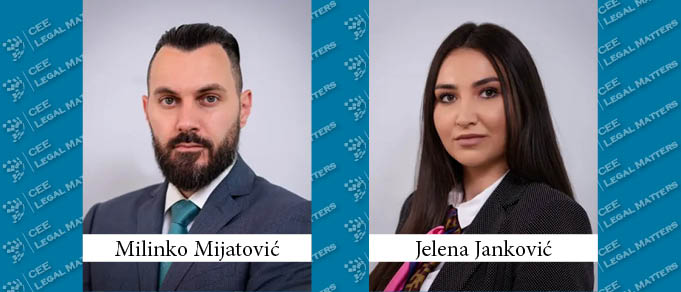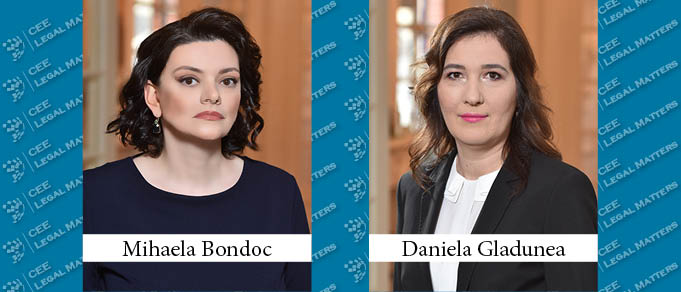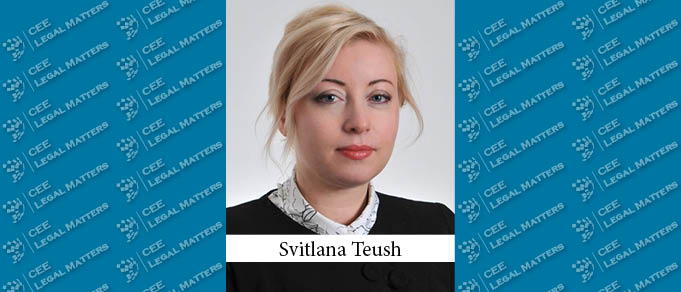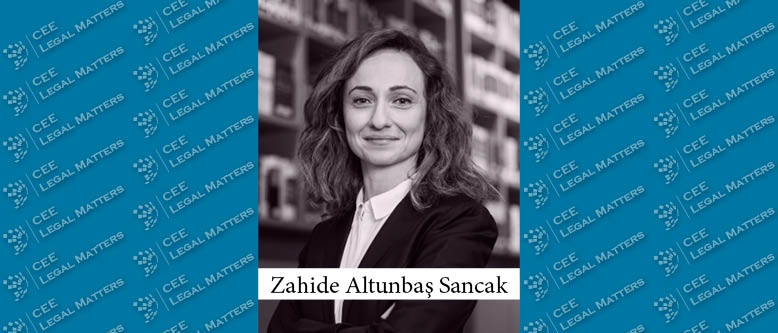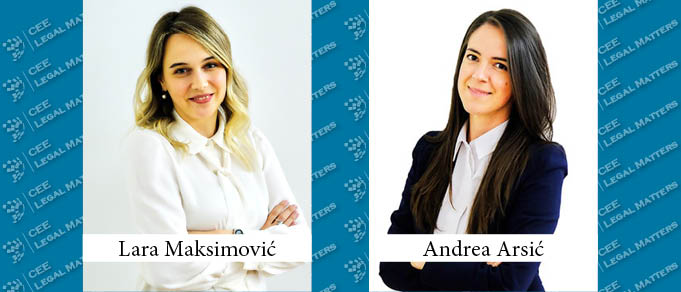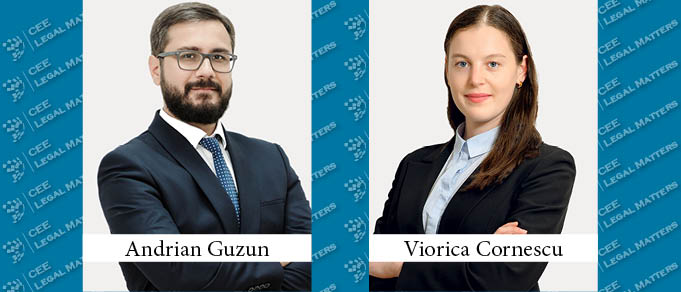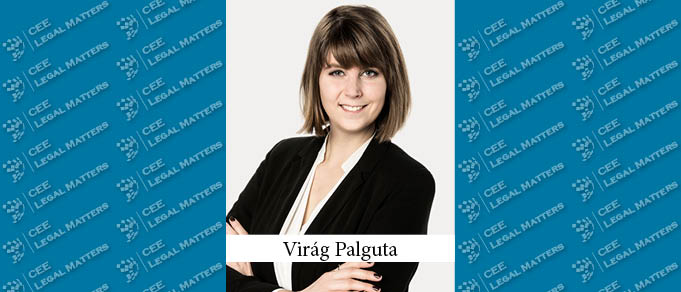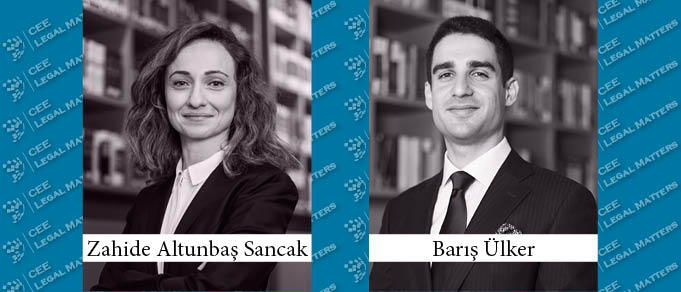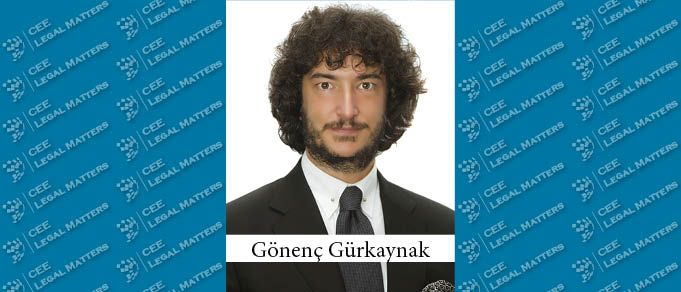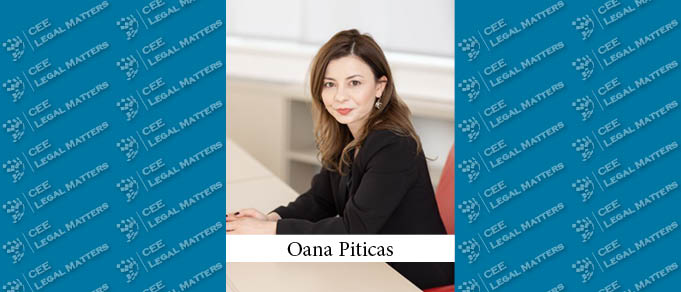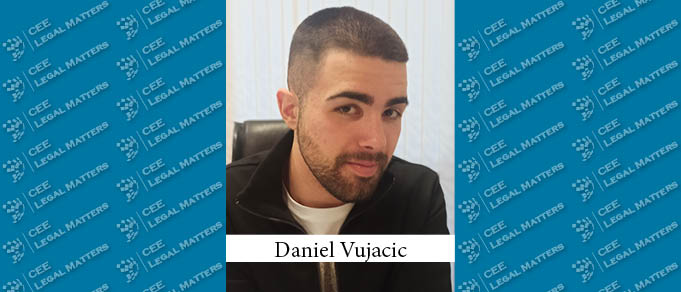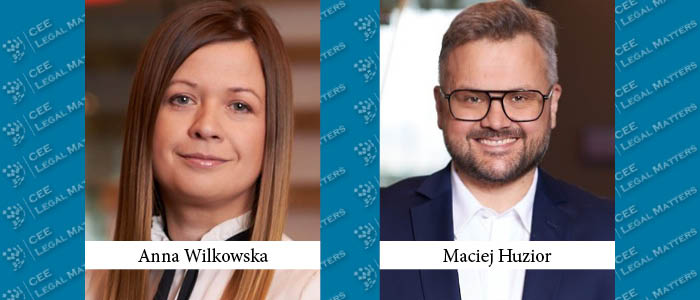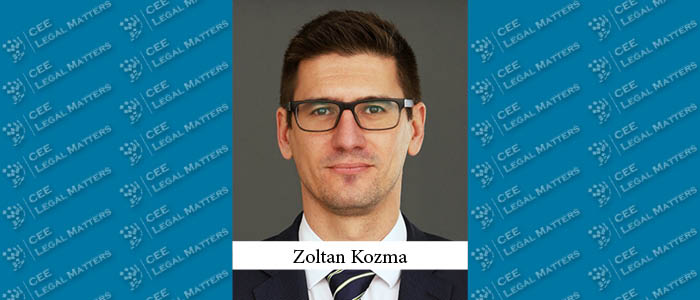Bearing in mind the increasingly frequent engagement of foreign legal entities on various projects in Serbia, as well as the fact that during the last year the practice of direct investments by non-residents in Serbia significantly expanded, it is only natural that each transaction in which a legal entity acquires a certain income, raises numerous questions, such as: do non-residents pay income tax in Serbia, in which cases are they obliged to do so, how high is the tax rate, is there an international agreement on avoiding double taxation?
Medical Leave for Taking Care of a Cancer Patient
Individuals who are insured under the applicable laws shall benefit from medical leave and allowance for taking care of a cancer patient over 18 years of age, if they accompany the patient to surgery interventions and to treatments prescribed by the specialist physician.
The Material Compensation for Delay in Civil Proceedings Is Already Demandable
The act on the Enforcement of Material Compensation for Delay in Civil Proceedings entered into force on 1 January 2022. In the past decades, the European Court of Human Rights has repeatedly indicated that the Hungarian legal system does not provide a domestic remedy which is considered effective by the Court and would serve to prevent the delay of court proceedings or to remedy the damage caused by such proceedings. In its judgment in Gazsó v. Hungary, the European Court of Human Rights called on Hungary to establish a domestic remedy capable to handle the structural deficiencies identified in the judgment. As a result, the Act establishes a new legal remedy for compensation for violation of fundamental rights, called material compensation (in Hungarian: “vagyoni elégtétel”).
The Regulatory Framework for Energy Storage in Ukraine Has Been Expanded
On 15 February 2022, a long-awaited draft law No. 5436-d “On the Amendment of Certain Laws of Ukraine Regarding the Development of Energy Storage Facilities” (“Draft Law“) was adopted in its entirety by the Ukrainian Parliament at its second reading. The Draft Law develops the legal framework for the deployment of energy storage facilities (“ESF“), which has been very limited until now, and introduces relevant concepts and requirements into the laws of Ukraine “On the Electricity Market” and “On the National Energy and Utilities Regulatory Commission” aligned with the EU electricity acquis.
Liabilities of E-Commerce Platforms in Light of Recent Court Decisions in Turkish Law
An intermediary service provider is defined in Law No. 6563 on the Regulation of Electronic Commerce ["E-Commerce Law"] as "natural or legal persons that provide an electronic environment where others can conduct financial and commercial activities.” Electronic commerce platforms such as n11, Trendyol, GittiGidiyor, and Amazon, which are among the most important actors of electronic commerce today, are included in this definition under our legislation. In essence, these platforms mediate the contract's conclusion and performance by bringing buyers and sellers together via the internet. In this article, the liabilities of e-commerce actors as "intermediary service providers" will be discussed in light of recent Court of Cassation decisions.
Draft Law on Internship – Awaiting the Final Proposal
At the end of 2021, there was a public debate on the Draft Law on Internship, proposed by the Ministry of Labour, Employment, Veteran and Social Affairs (“the Draft”), while the final proposal is pending.
Hungarian Constitutional Court Annulled Retroactive Tax Rule Regarding Statute of Limitation
In its recent decision issued on 27 January 2022, the Constitutional Court annulled an important rule of the Tax Procedure Act with regards the prolongation of limitation period. The decision is fundamentally beneficial for taxpayers, but also triggers some uncertainty for repeated proceedings going forward.
Joint Venture Competition and Merger Clearance – It's a Bit Different in Poland
From the Polish law perspective, clearance of a joint venture establishment is different as compared to the EU law perspective. In this article we shine light on these key differences.
Moldova: GDPR - Almost There
On 11 November 2021, the Moldovan Parliament passed a series of legal amendments ("Law 175/2021"), including to the existing Law on Personal Data Protection. Law 175/2021 entered into force on 10 January 2022 and partially transposes the European Union's General Data Protection Regulation ("GDPR").
Recent Legal Developments in Connection with Crowdfunding
The crowdfunding regulation of the European Union (Regulation (EU) 2020/1503 on European crowdfunding service providers for business, "ECSPR") entered into force on 10 November 2021, which was a long-awaited legal development both within the European Union and on the Hungarian market. Even the Hungarian National Bank suggested in its Fintech Strategy that a regulatory framework for crowdfunding would be essential to assist financing of SMEs and therefore, enhancing competitiveness on the Hungarian market. Prior to the ECSPR, there was no uniform crowdfunding regulation within the European Union and Hungary did not have a regulatory framework for crowdfunding; thus, the Hungarian National Bank had to assess such activity pursuant to the already existing rules. The ECSPR established a directly applicable and uniform regulatory framework aiming to facilitate cross-border provision of services. We summarize below the latest legal developments in connection with the ECSPR.
The Application Time-Limit to The European Court Of Human Rights Is Now 4 Months
Pursuant to the Protocol No. 15 amending the European Convention on Human Rights ["ECHR / Convention"], the time-limit for the application to the European Court of Human Rights ["ECtHR"] was reduced from 6 months to 4 months, effective as of February 1, 2022. Accordingly, once remedies available as per domestic laws are exhausted, the application should be filed with the ECtHR within 4 months following the final court judgment. Having said that if the court decision was adopted before February 1, 2022, the ECtHR application based on this decision will still be subject to 6-month time-limit.
The Unstoppable Rise of Fintech and the Competing Efforts of Authorities to Catch Up: The Turkish Competition Authority Published its Analysis Report on Fintech
On December 9, 2021, the Turkish Competition Authority (“Authority”) published its report entitled “Analysis Report on the Financial Technologies in Payment Services” (“Report”) which evaluates the effect of the use of financial technologies (“Fintech”) in the financial sector, the obstacles to innovation and competition in the relevant markets and the entry of big technology (“Big Tech”) companies (e.g., Facebook, Amazon, Google, Apple) into the market. The Report notes that Fintech includes: (i) innovative products and services that emerged in the financial sector as a result of the radical technological transformation, (ii) new entrants other than the incumbent players that offer these services, and (iii) Big Tech companies which started to offer financial services.
Measures to Boost Hungarian Green Lending
The MNB has launched its Green Program early 2019 to mitigate the risks associated with climate change and other environmental problems, to expand green financial services in Hungary, to widen the related knowledge base in Hungary and abroad, and to reduce financial market participants’ and its own ecological footprint. The Green Program relating to green financial services consists of several initiatives from analyzing the current situation of green financing to incentivizing the financial market participants to operate greener and engaging in green financial services (mainly loans and bonds).
New Regulation in Turkey Regarding the Electronic Inquiry on Assets, Rights and Receivables of Debtors
“Regulation on the Principles of the Asset, Right and Receivable Inquiry on the National Judiciary Informatics System” [“Regulation”] was published in the Official Gazette dated January 22, 2022 and entered into force on the same date. The Regulation basically sets forth the procedures and principles regarding the inquiry of the debtor's assets, rights and receivables via the information systems integrated into the National Judiciary Informatics System [the so-called "UYAP"].
Turkey: Means to Acquire a Target
Although it is the first thing that comes into mind, share acquisition is not the only way to acquire a target. Turkish laws allow acquisitions to be completed through a number of other methods such as asset acquisitions, business acquisitions and merger, depending on preference of the buyer. This article will explain the processes for the acquisition methods concerning joint-stock and limited liability companies covering the requirements for valid acquisitions and matters to consider.
Romania: General Guidelines on Protecting Whistleblowers
Like many other European countries, Romania is struggling to implement the EU Whistleblowing Directive and accommodate this game-changing perspective on issues such as corporate fraud and non-compliant business environments. In April 2021, Romania issued a first draft law, which was hotly debated and criticized for reasons including the imbalance between the obligations imposed on the private sector and the scope of the upcoming law.
Tax Reform in Montenegro
In “Official Gazette of Montenegro” no. 145/21 and no. 146/21 on 31, December 2021, amendments of the series of laws were published, including Law on Tax Administration, Law on Personal Income Tax, Law on Corporate Income Tax, Law on Contributions for Compulsory Social Insurance, Law on Compulsory Health Insurance, Labor Law, Law on Companies.
Law Proposal Amending Turkish Internet Law
A new law proposal amending certain provisions of Law No. 5651 on Regulation of Broadcasts via Internet and Prevention of Crimes Committed through Such Broadcast and Turkish Criminal Code is submitted before the relevant commissions of Grand National Assembly of Turkey (“TBMM”) and has been published on TBMM’s website on February 3, 2022.

